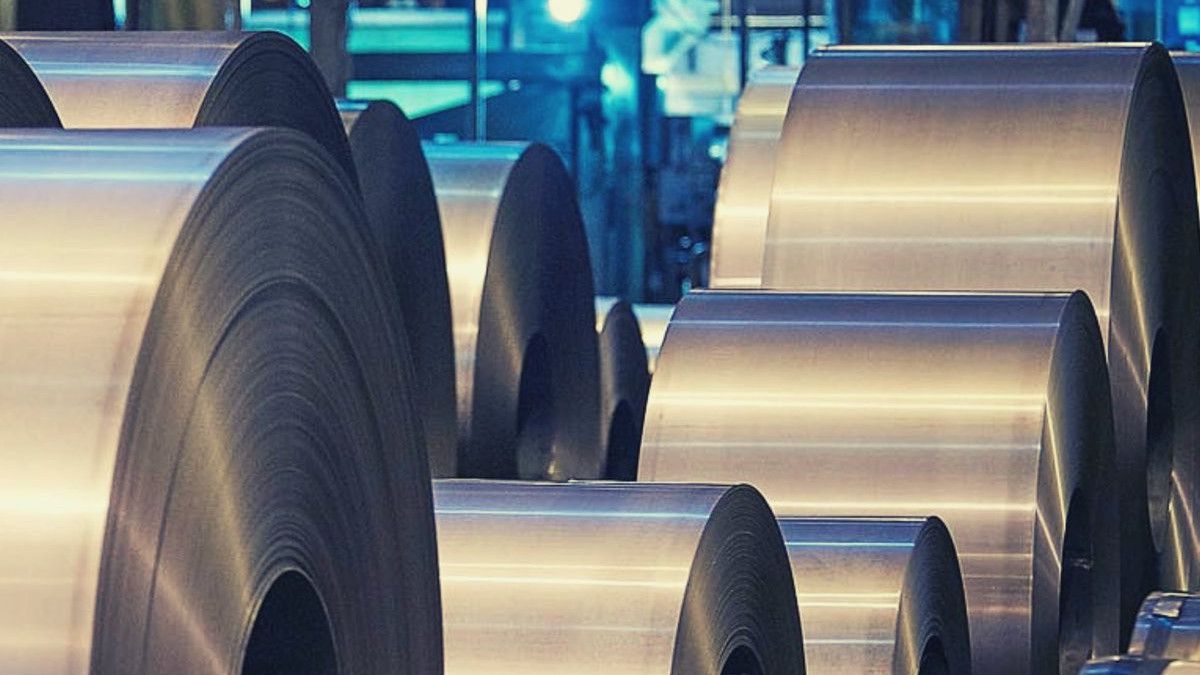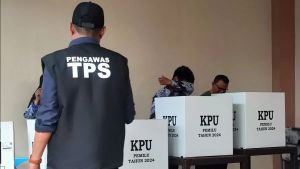JAKARTA - Indonesia is again flooded with cheap steel from China. This problem has actually occurred since last year. In the midst of economic uncertainty due to the COVID-19 pandemic, the presence of this imported steel will make the domestic steel industry less competitive.
Previously, Chairman of the Indonesia Iron and Steel Industry Association (IISIA) Silmy Karim also asked the government to implement safeguards and anti-dumping import duties (BMAD) on steel imports. This step was taken so that the national market was not flooded with imported steel products from abroad.
Minister of Trade Muhammad Lutfi said that he would not take any further interventions related to the request. The reason is that if the request is enforced, it will violate the rules set by the World Trade Organization (WTO).
"Regarding anti-dumping and safeguards because of Chinese steel. I cannot go at length here because this is an independent process. We are well aware that this is part of international trade, we have to accept the good and the bad. "he said, in the 2021 Trade Outlook press conference, Friday, January 29.
Even so, Lutfi promised to do everything possible to protect the national steel industry from the invasion of cheap steel from the Bamboo Curtain country. However, in ways that do not violate WTO provisions.
Lutfi said, one of the ways the government will do is to eradicate illegal steel sales in the country. So that the continuity of the national steel industry can be more secure.
"If there really is illegal goods, there is the Directorate General of PKTN (Consumer Protection and Trade Order) here to ensure that we will check and we will protect our industry. I guarantee that we will give the best for our national industry," he said.
Previously, President of the Confederation of Indonesian Workers Unions (KSPI) Said Iqbal said that the flood of imported steel from China had threatened local producers to go out of business and take layoffs of at least 100,000 workers.
"Imported steel, especially from China, is sold very cheaply in Indonesia. If left unchecked, the national steel industry will go bankrupt and 100,000 employees will be threatened with mass layoffs," he said at a press conference in Jakarta, Thursday, January 21.
At the time of the COVID-19 pandemic, said Iqbal, of course the threat of mass layoffs made the community suffer even more. This will also have an impact on the economy which is getting worse.
"The workforce, mostly from the middle to lower class, were increasingly screaming. The domino effect was extraordinary," he said.
Quoting data from the Central Statistics Agency (BPS) in 2019, Iqbal said, the workforce in this sector is very large, around 100,000 people. It is spread across various companies such as Krakatau Steel, Gunung Raja Paksi, Ispatindo, Master Steel, and others.
Still citing the same source, until the end of 2019 iron and steel were in the third position of non-oil and gas imports entering Indonesia. The value reached 7.63 billion US dollars or worth Rp106.8 trillion.
To avoid mass layoffs, KSPI hopes that the Ministry of Trade, in this case the Indonesian Trade Safeguard Committee (KPPI) continues safeguard protection for the IH section products.
"Safeguards are very important to protect domestic products from the proliferation of cheap imported products," he said.
On the other hand, said Iqbal, if the safeguard for the national steel factory is not extended, there is a concern that the company will not be able to compete with cheap imported products. As a result, the industry will close several business units, causing mass layoffs.
"Hence, all parties must defend the domestic industry," he said.
The English, Chinese, Japanese, Arabic, and French versions are automatically generated by the AI. So there may still be inaccuracies in translating, please always see Indonesian as our main language. (system supported by DigitalSiber.id)













